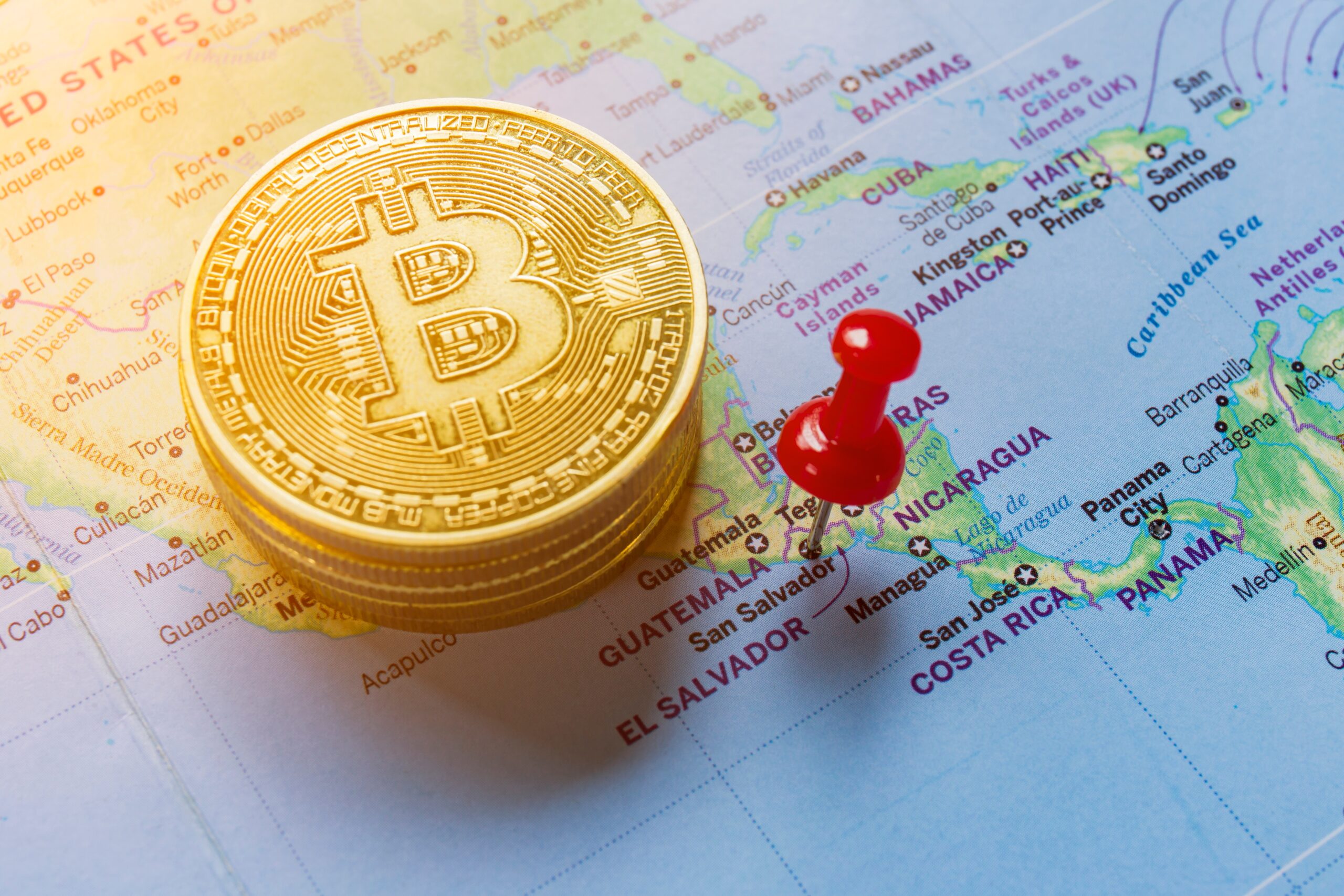Key Insights:
- El Salvador maintains its top spot in global Bitcoin interest, reflecting its consistent focus on integrating cryptocurrency.
- Brazil climbed the ranks in Bitcoin engagement, influenced by its banking sector’s recent adoption of digital currency trading.
- Nigeria shifts its focus to stablecoins, reflecting a strategy to counter inflation and currency challenges in the crypto sphere.
El Salvador maintains its leading position in Bitcoin interest in the dynamic world of cryptocurrencies, while Brazil has recently surpassed Nigeria, signaling a shift in the global crypto landscape. This development emerges amidst various significant events within the cryptocurrency sector in these countries.
El Salvador: A Beacon for Bitcoin
El Salvador continues to reign as the foremost nation in Bitcoin interest, a status it has held steadfastly. This consistent position is largely attributable to the country’s deepening integration of Bitcoin into its economic framework. A notable stride in this direction is the introduction of the Freedom Visa program, a collaboration between the El Salvador government and stablecoin issuer Tether.
Launched on December 7, this initiative offers residency and a pathway to citizenship for individuals contributing a $1 million donation in Bitcoin (BTC) or Tether (USDT). This innovative approach underscores El Salvador’s commitment to embedding cryptocurrency into its national identity.
Brazil’s Rising Crypto Tide
Brazil, meanwhile, is witnessing a surge in Bitcoin popularity, now ranking second in Bitcoin interest. This increase reflects several pivotal developments within the country’s financial and regulatory landscape.
In early December, Itau Unibanco, Brazil’s largest private bank, ventured into cryptocurrency services, initially focusing on Bitcoin and Ether trading. This move followed a series of regulatory changes in Latin America’s cryptocurrency space, demonstrating Brazil’s growing acceptance and integration of digital assets.
Further reinforcing this trend, Brazilian President Luiz Inacio Lula da Silva enacted a law on December 12 that imposes taxes on crypto assets held abroad by Brazilian citizens. This regulation marks a significant step in the country’s approach to managing and integrating cryptocurrency into its financial system.
Nigeria’s Shift Towards Stablecoins
Once a front-runner in Bitcoin interest, Nigeria now finds a third place. The shift in preference from Bitcoin to stablecoins among Nigerian crypto users is noteworthy. Stablecoins, particularly those pegged to the U.S. dollar like USDT, offer Nigerians a reliable hedge against inflation and the devaluation of the naira. This shift reflects a pragmatic approach to cryptocurrencies, prioritizing stability and security amid economic uncertainties.
The 2023 Geography of Cryptocurrency Report by Chainalysis highlights the increasing popularity of stablecoins in Nigeria. Peer-to-peer trading rates of the naira against USDT have more than doubled in 2023. Despite the Central Bank of Nigeria’s (CBN) prohibition on licensed banks’ involvement in cryptocurrency activities for over two years, the country’s crypto market continues to be a significant transactional tool.
However, the increasing preference for stablecoins and regulatory challenges are reshaping Nigeria’s crypto landscape, potentially impacting its global standing in cryptocurrency.
